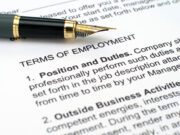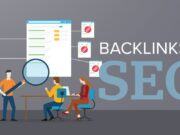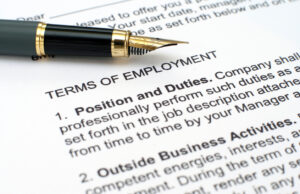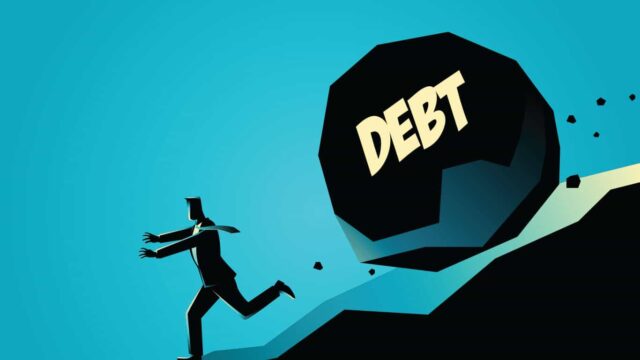
Generally speaking, credit cards can sometimes appear like free money. You go into a store, get everything you need, and use this piece of plastic to pay for everything. This feeling is natural since you don’t need to carry any cash with you.
However, this is the biggest trap. Even though it is necessary to use credit cards and loans, getting into debt can easily occur if you are not careful. Here are some tips you should use daily to avoid facing the problem of overspending and ending up in debt.
Page Contents
1. Plan a budget

The best thing you can do to avoid this issue is to set a monthly budget. Yes, it may seem to be a complicated task, but it is necessary. Sit down, take a piece of paper, and go over your finances. Start with the income and analyze the expenses. Consider the ones you have every month, such as the rent and utility bill. Then, go over the sum of money you have left and calculate how much you pay for cable, groceries, and so on.
Finally, the funds you have left are what you have at your disposal every month. Naturally, you should put some of it aside for the rainy days. When it comes to significant and costly expenses, such as a new car or home renovation, make sure to plan where every single dime will go. Of course, you may exceed this budget one month, but as long as you try to stay on the right track, you should be fine.
2. Pay with cash
If you want to have complete control over your finances, the best thing you can do is pay with cash as often as possible. Yes, sometimes, you will have to use a credit card, but we will discuss that further on. The trick is that you won’t be tempted to purchase things you cannot really afford if you always use cash. You can spend only the money you have on you.
3. Don’t buy things you don’t need

Buying things you want to have instead of actually needing them is the biggest mistake you can make. If you adopt the habit of purchasing items that are not essential, you are on the path of getting into debt. Due to this, you always need to plan and consider whether you really need something. It doesn’t matter how trivial it may be.
Do you really need the latest iPhone, or do you just want to have it? Do you really need a designer dress? The answer to both of these questions is probably no, meaning that you will waste the money. We are not saying you can never treat yourself, but instead, you need to be careful about how often you do it.
4. Be careful about the loans
The main purpose of a loan is to help you in tough financial times. Getting one is fairly easy, and you can even get it online. All you have to do is fill out a few forms, and you will receive the money. However, you need to be extra cautious when it comes to these. Not only do you have to investigate the lender thoroughly, but you also need to get a loan that includes an appropriate interest rate and repayment terms. Due to this, you need to go over all the reviews and read more about them online before making a decision.
5. Have a backup fund
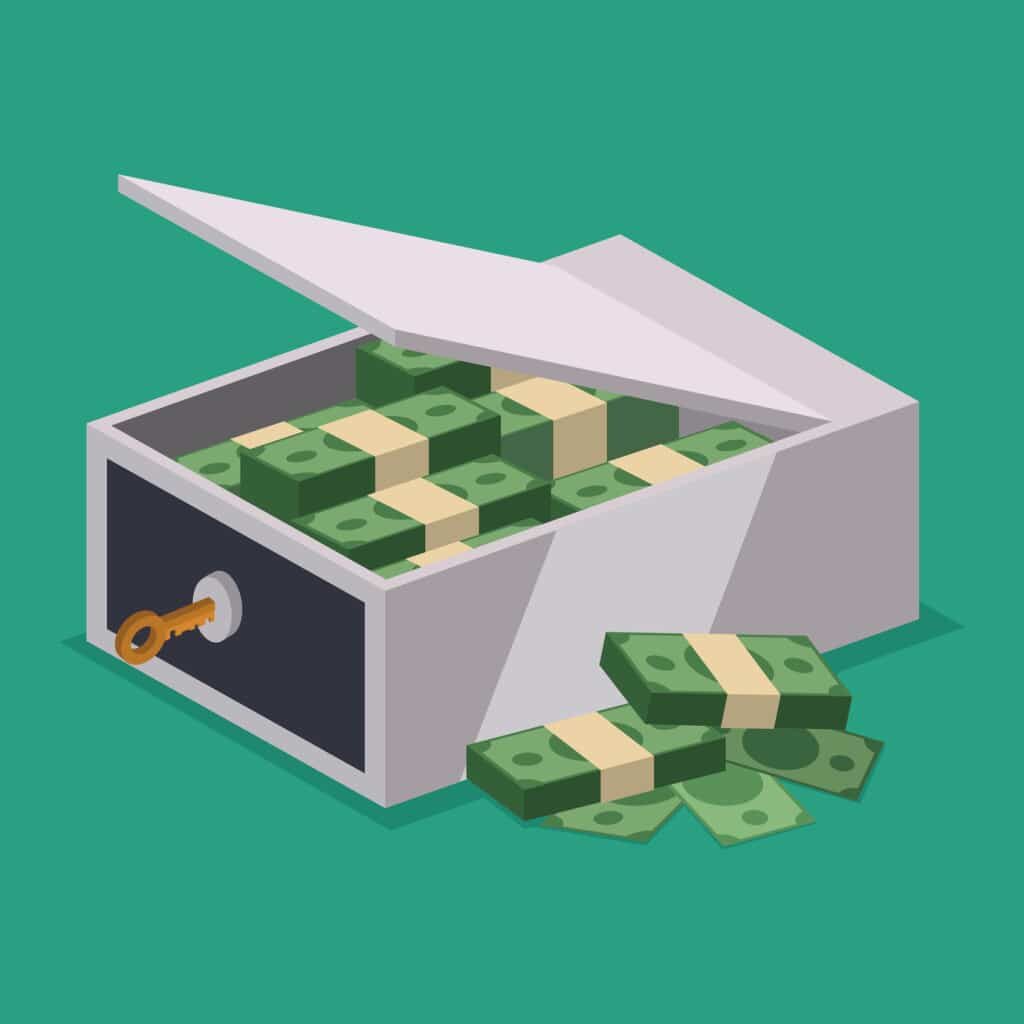
Nowadays, this fund is critical. We have already mentioned that you need to put aside a portion of your monthly income, and this fund will be essential when faced with unexpected situations. Expenses can occur without any warning, so instead of taking out a loan or borrowing from a friend, you will have this fund as a safety net.
A general rule is to have at least six months’ worth of your salary before you start investing in significant expenses. If you find yourself in a financial emergency and don’t have the funds, consider selling your life insurance policy through sites like harborlifesettlements.com to avoid getting into debt.
6. Limit the number of cards
You probably know that you can hold several credit cards simultaneously. Now, the question is whether you really need all of them? The answer is probably no, which is why you need to close the accounts that aren’t essential. First of all, there is the matter of interest and bank expenses, which can prove to be a waste of money. Secondly, if you use multiple cards at the same time, it will be so much easier to get into debt, especially if you are not careful, and tend to overspend.
7. Stay on top of everything

While on the subject of credit cards, it is imperative you stay on top of every transaction and monitor everything meticulously. This way, you will have complete control over your finances and be able to notice if you spend more than you can actually afford. What’s more, people also do this to ensure there is no fraudulent activity. Because of this, do not ignore the monthly reports you get from your bank. But instead, take the time to go over every transaction.
8. Use online coupons
If you really want to take your emergency fund to the next level, you can always use promo codes and coupons to save extra money. If you are not in the habit of doing this, you should seriously consider it since it can significantly boost your savings.
The great thing about these is that nowadays you can use a coupon to purchase almost everything, from groceries to clothes and electronics. In addition, you can obtain these codes online, directly from your favorite brands, look for websites dedicated to these, or receive them via email. There really are no limits.
Wrapping up
To sum up, if you are worried about the future of your financial health, you should implement some of these tips to help you get back on the right track. When faced with this problem, most people choose to get an additional job or cut unnecessary expenses. As you can see, you can do a little bit of both. When it comes to finances, you must be organized and disciplined about the fund you spend.

